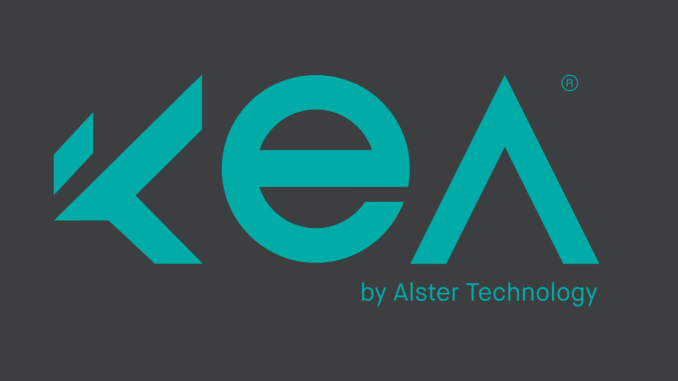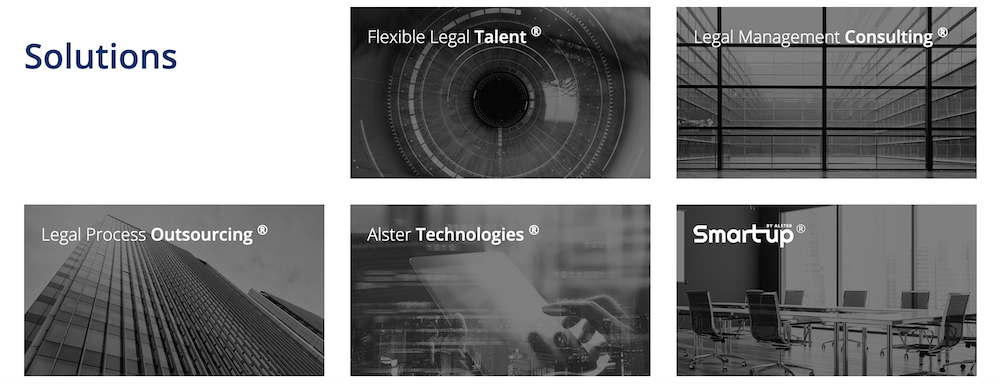
One of the most rewarding things about running Artificial Lawyer is the fact that legal tech founders and developers from all over the world contact this site on a regular basis – proving that legal tech knows no borders. A case in point is Alster.Law, a NewLaw company in Chile that has just built and launched Kea – an ELM (Enterprise Legal Management) system.
First, a little bit more about Alster.Law. It’s based in Santiago, the capital of Chile, a country of around 19 million people situated on the Pacific coast of South America. What they offer in English and Spanish is a range of services that includes: a lawyers on demand service, legal ops consulting, an LPO function, and a group that builds its own tech solutions – Alster Technologies.

So, now onto Kea. It’s an ELM designed to automate legal processes, capture data and support ‘each of the challenges faced by modern legal teams’. It provides control dashboards, automated task assignment, the deployment of templates, process standardisation, and supports the agile management of legal projects. In short, it’s the kind of product that would be of use to legal teams not just in Chile, but across the global legal market.
The Kea ELM will also allow these legal teams and their suppliers to provide ‘full traceability of their communications, coordination and documentation, providing data to continuously improve their collaboration and impact within the organisations in which they operate’.
Guillermo Teibo, CIO at Alster.Law, commented: ‘We will achieve success with our platform when we are able to observe lawyers and legal team members freeing up the time they spend on expendable tasks and can quantitatively demonstrate their impact on the fulfilment of their organisations’ objectives.’
They are also now working on building out the ELM platform with new modules and integrations, such as with the Microsoft and Google. They are also looking at leveraging some NLP.
Julie McPherson, CSO, added: ‘We want legal teams to take control of their agendas, prioritise their work, efficiently manage their resources.’
And, Andres Jara, CEO, and who is also the Ambassador for Legal Hackers in Chile, concluded: ‘I am confident that our platform will prove to be an invaluable resource for all those who believe in the potential of information-empowered legal teams.’
Towards A Global Legal Tech Market
So, there you go. It’s great to see legal tech solutions coming to life across the world, proving that although the US and UK get a lot of attention there are vibrant legal tech ecosystems evolving all over the planet.
And, given that many legal tech solutions are SaaS-based, there is no reason* why a company based in Santiago, or Mumbai, or Johannesburg, cannot become a major player in the global market. These days a lot of software sales meetings are done virtually, and is there really any difference between a UK law firm or inhouse legal team using a SaaS model for a piece of software based out of Chicago, as compared to using one based in Chile? The answer is: no. It’s the same. If it works well, and the company provides good support, then why not explore a broader range of options?
Moreover, the reality is that many legal tech companies have dev teams dotted all over the world already. I.e. legal tech is already operating on a global basis, even if the buyers of the software may not realise this.
(* As explored in a previous article, a lack of internet access in some markets can hold back consumer legal tech adoption. However, B2B organisations serving commercial law firms and the legal teams of large companies would likely not face such issues if operating out of major business hubs – which they almost certainly would be.)